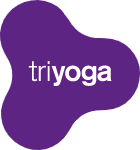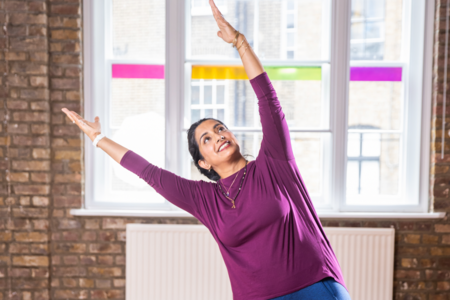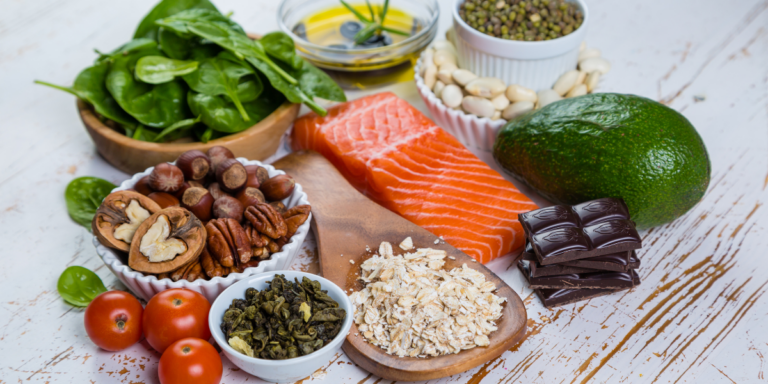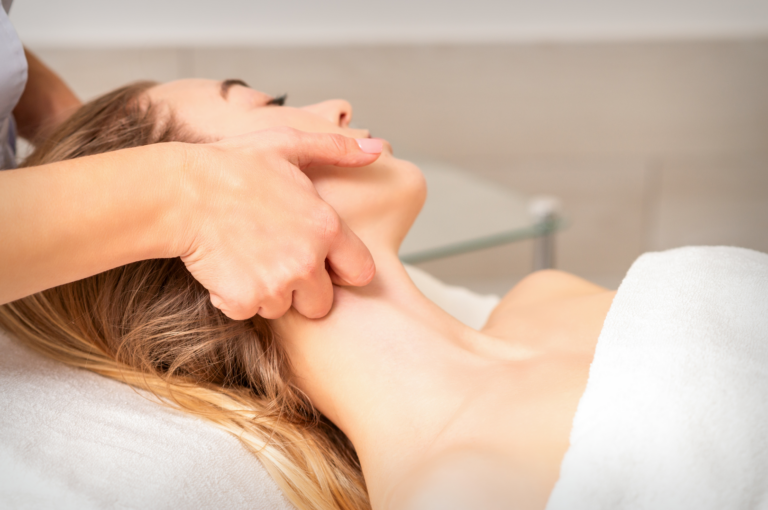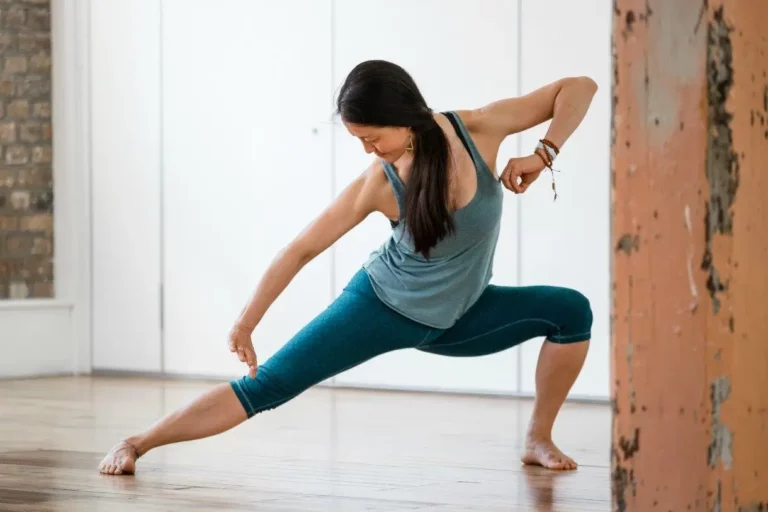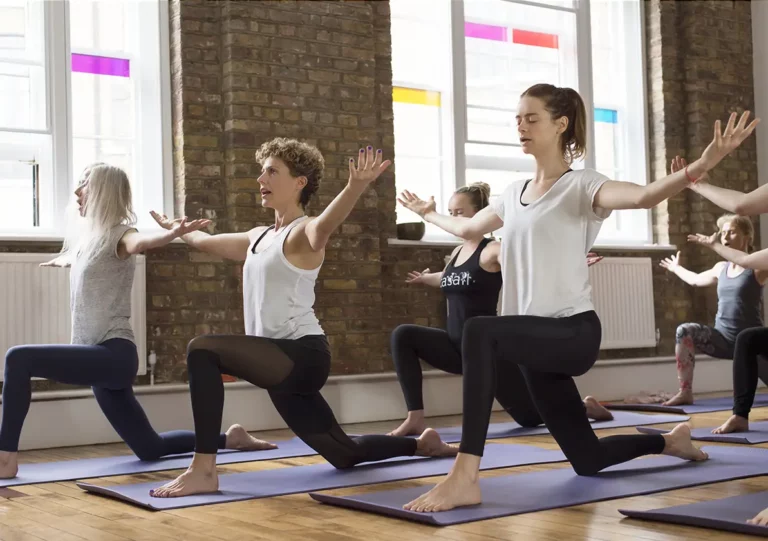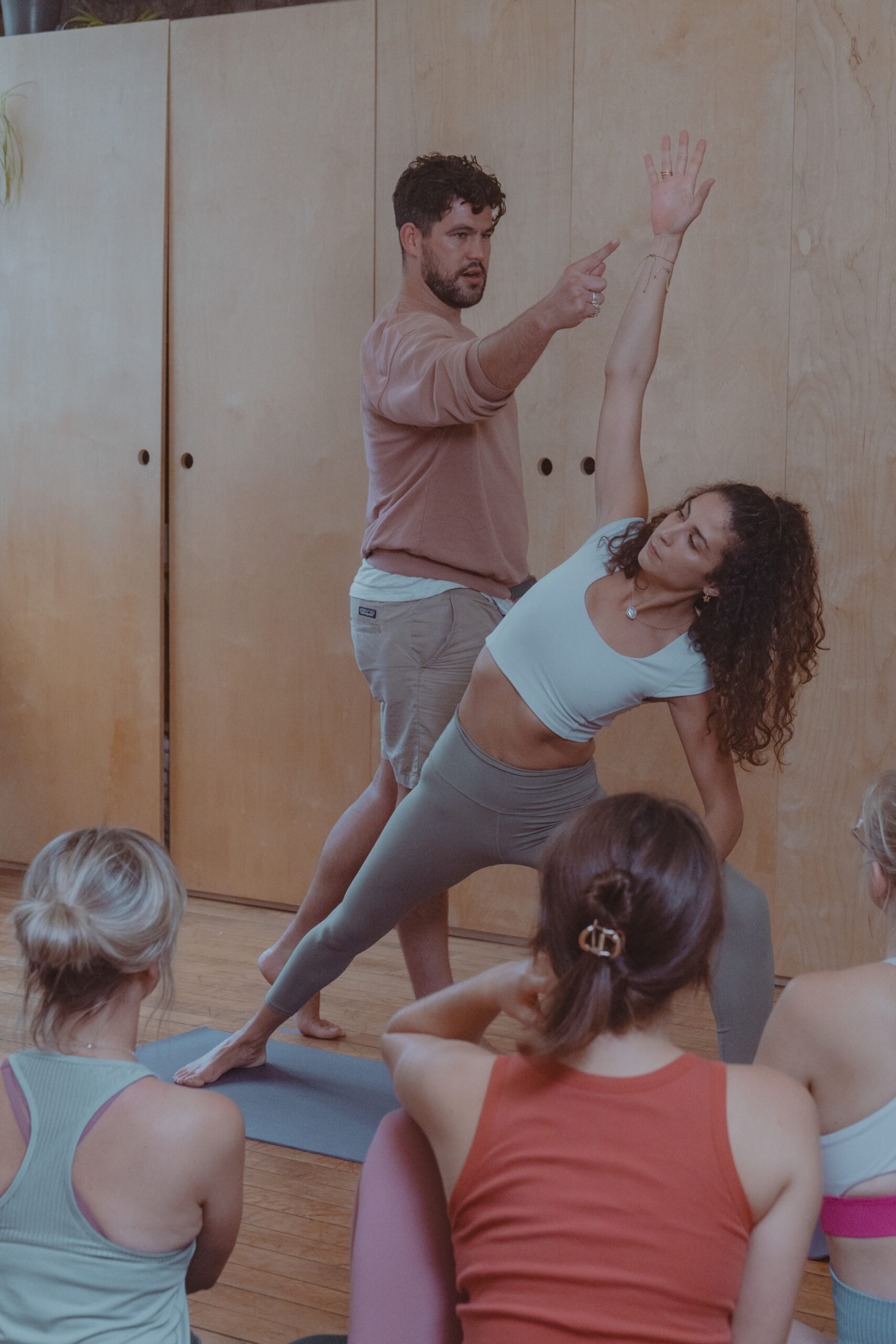Addiction is a disease with which it is difficult to control the use of drugs or other substances, either impulsively or regularly, even when there are harmful or negative consequences. We don’t know why some people become addicted and others don’t but there are some factors which pre-dispose certain people more than others.
Some people think that addicts are people of low moral values or mentally weak but this is simply not true. Addiction is a complex disease and the changes that are made in the brain are what often make it difficult for people to quit.
How can yoga help?
Yogic philosophy teaches us that there is a cycle between vritti’s (habitual motions of thoughts of the ego and attachment such as I want or I need) and samskaras (latent impressions).
We may take a drink which we enjoy and which creates a latent impression. This gives rise to thoughts (vrittis) about how pleasant drinking is so we drink more, which creates even deeper latent impressions. We can liken this to the chemical changes which science tells us occur in the brain – and so the cycle goes on and on.
Yoga helps break the cycle of vritti – samskara.
In the Yoga Sutras (the oldest and definitive text on yogic philosophy), Patanjali begins: “Yogas chitta vritti ni rodha,” which translates as “yoga is the neutralisation of the vortices of feeling.” Or more simply put, to quieten the mind.
Yoga not only helps us to reduce the physical and mental symptoms of stress but also gives us the ability to regulate our emotional responses. In other words, it helps us to observe feelings without having to react to them. So when cravings occur, we can objectively look at the feelings that come up and make a rational decision on how best to react, or not; to light that cigarette or open that bottle of wine or pick up a book, call a friend, eat something healthy or go for a walk.
Yoga allows us to reconnect with ourselves on every level. The mind-body-emotional disconnection that addicts suffer can be directly healed or resolved with yogic practices.
Jan Gerber, director of Paracelsus Recovery (www.paracelsus-recovery.com), the world’s leading private luxury rehab based in London and Zurich, says, “We have considered yoga as an integral part of our treatment approach for addiction since the very beginning. We have been one of the first treatment providers doing so and are pleased to see that more and more providers offer yoga as part of their treatment programs. The general health benefits of regular yoga practice are well proven; yoga as a complementing element for addiction and mental health treatment is powerful and invaluable”.
What does science tell us about yoga?
There are a plethora of studies that back up yoga’s ability to assist in addiction recovery. We know, for example, that yoga positively affects the neurotransmitters which help mood and anxiety disorders, wakefulness, feeling good, reward, memory and nocioception (sensation of pain and decrease the stress hormones adrenaline [i] and cortisol [ii] . Yoga also aids neuroplasticity, the ability for the brain to adapt and change by increasing BDNF [ii which helps the brain cells to function and grow new neurons.
Addicts seek to change their consciousness through their behaviour but the rewards are short lived and harmful. Yoga gives us the ability to change our consciousness long term in a safe, fulfilling and positive way.
To experience for yourself how yoga can help, click here to join James for his yoga for stress workshop at triyoga Camden on 25 January, 7.45-9.45pm.
He also teachers a weekly yoga for stress class at triyoga Camden every Wednesday, 2.15-3.30pm.
Also, you can click here to book in for a yoga therapy session on Wednesdays between 5-9pm, also at triyoga Camden. James will work with you to build a bespoke yoga practice to help you reach your goal, whatever that may be.
For more information about James, visit his website: www.jamesmchapman.com
[i] https://www.ncbi.nlm.nih.gov/pubmed/26181573
[ii] https://www.ncbi.nlm.nih.gov/pmc/articles/PMC3768222/
[iii] https://www.ncbi.nlm.nih.gov/pubmed/29736060
